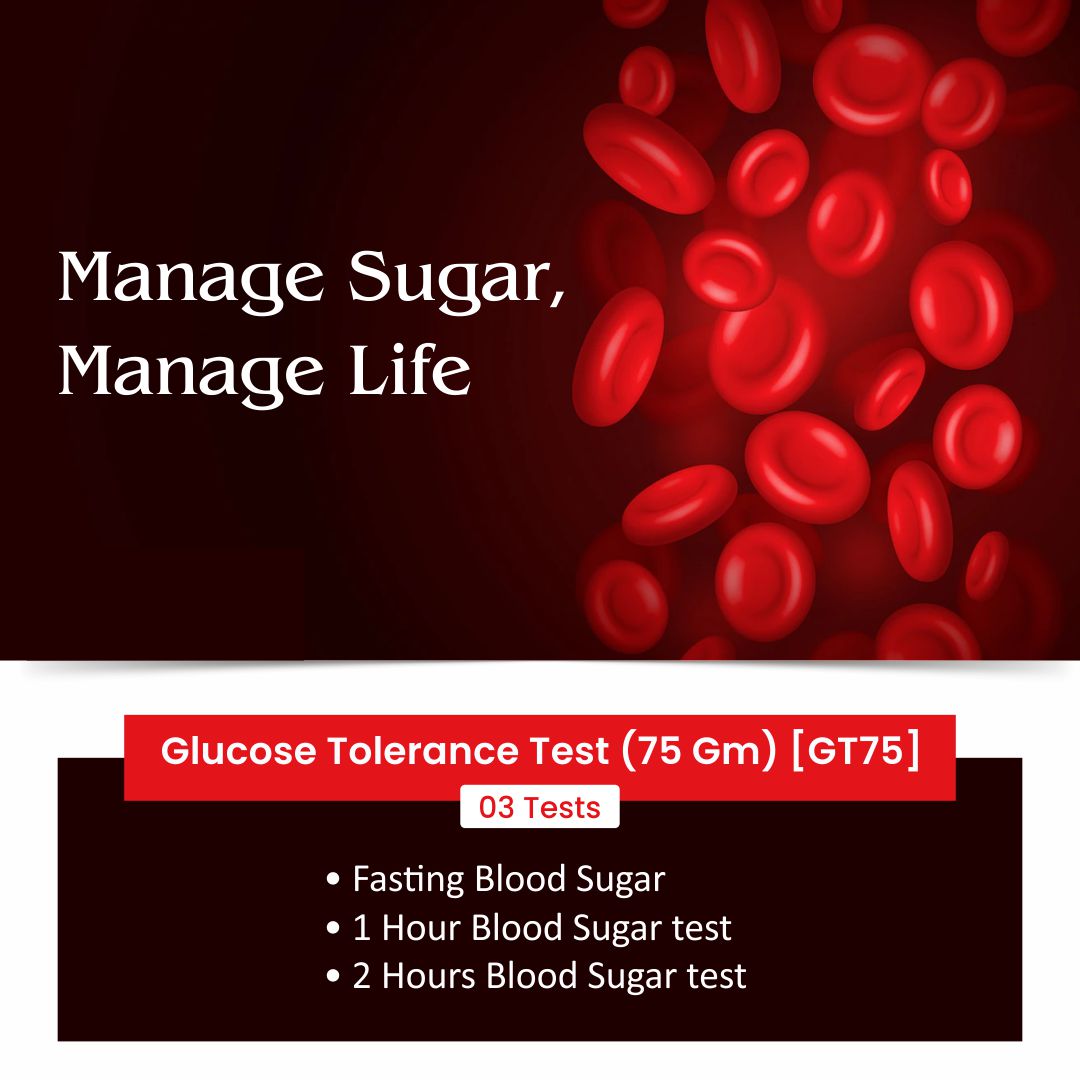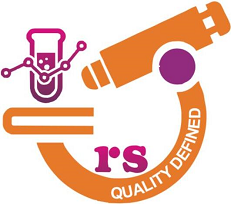support@rsdiagnosticcentre.in
Phone : +918147282686
GTT BLOOD TEST AT HOME

A glucose tolerance test (GTT) is a procedure that determines whether a patient can use and store glucose normally.[1] The test is usually used to test for diabetes mellitus, insulin resistance, impaired pancreatic beta cell function, and sometimes reactive hypoglycemia or acromegaly, or rarer disorders of carbohydrate
Plasma glucose can be measured with high precision and accuracy using enzymatic methods such as glucose oxidase and hexokinase. The hexokinase method is considered the fastest and most accurate and is commonly used on automated systems. In glucose hexokinase, the reaction uses glucose-6-phosphate dehydrogenase and yields precise results. Generally, fasting plasma glucose, 2 hours post glucose during a 75-gram OGTT, and A1C are equally appropriate for diagnostic screening. It should be noted that the detection rates of different screening tests vary in both populations and individuals. Moreover, the efficacy of interventions for the primary prevention of type 2 diabetes has mainly been demonstrated among individuals who have impaired glucose tolerance (IGT) with or without elevated fasting glucose, not for individuals with isolated impaired fasting glucose (IFG) or for those with prediabetes defined by A1C criteria.
Tag
GTTOGTT75 GRAM GLUCOSE TESTGTT PREGNENCYEnquiry
Get in touch
R S DIAGNOSTIC CENTRE.All Rights Reserved © 2025








